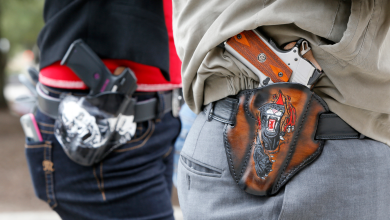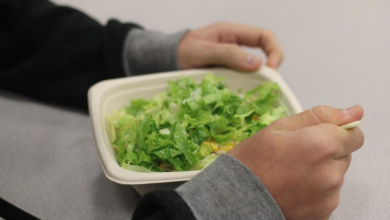South Carolina – When Florida initially implemented the monoclonal antibody treatment for Covid-19 patients, many were skeptical, but it turned out that the treatment is delivering the wanted results.
A few weeks after Florida, many other states started using the same treatment which should prevent severe Covid-19 condition in infected people if the treatment is used in the early stages of the infection.
South Carolina is among the states that started using the same treatment in high-risk patients, but the whole process is running slow because of supplies shortage.
The association said some providers have even run out of that treatment, monoclonal antibodies, and the drug will not be restocked before next week.
Earlier this week, the federal government took over the distribution of monoclonal antibodies because of a nationwide shortage, according to the South Carolina Department of Health and Environmental Control.
As per DHEC announcement a few days ago, the South Carolina health authorities already ordered 13,000 doses directly from the manufacturer, but since the federal government took over the orders, those orders are now pending.
Reportedly, the federal government will send the first 4,460 doses in South Carolina as early as next week, DHEC say.
“There are, yes, are some providers who are running short or are out of antibodies at this time just because we haven’t received additional shipments in the last week or so,” SCHA Chief Operating Officer Melanie Matney said.
“Due to the shortage, DHEC is determining the allocations for monoclonal antibody treatment sites in the state based on the amount the state will receive, sites’ utilization rates, and access. We are quickly working on the details with the goal of accommodating as many South Carolinians as we can with this successful treatment,” DHEC said in a statement.
The treatment has been giving emergency authorization. The treatment will be used for high-risk patients if they get infected with Covid-19 in the early stages of the infection. This will include, but it’s not limited to people over 65 and those who have chronic illness.
According to the manufacturers, the treatment should be given in the first 10 days of the infection for best results. The treatment is intended to keep those infected out of hospitals, while the state is fighting with the Delta wave.
According to the latest data, about 84% of all of South Carolina’s hospital beds are occupied, with about 26% of those beds filled by a COVID patient, and about 82% of the state’s intensive care beds are occupied as well.
Matney said providers that had previously ordered monoclonal antibodies were not given much notice that those orders would be put on hold.
“We kind of learned about this at the same time on Tuesday, so I’m sure, with any change, there is a lot of concern that we’re — we don’t want to skip any beats, and we certainly don’t want any patients to go without the antibody treatments,” she said.
However, the health officials say this treatment is not an alternative to vaccination and say that the vaccination is still the best decision one cane make in keeping themselves safe from the virus.
“Number one, they’re temporary. They only last three months. Number two, they’re only the antibodies. It doesn’t give you those memory cells,” Kelly said. “So the first thing to do to protect yourself from COVID-19 is to get vaccinated.”





Leave a Reply
You must be logged in to post a comment.